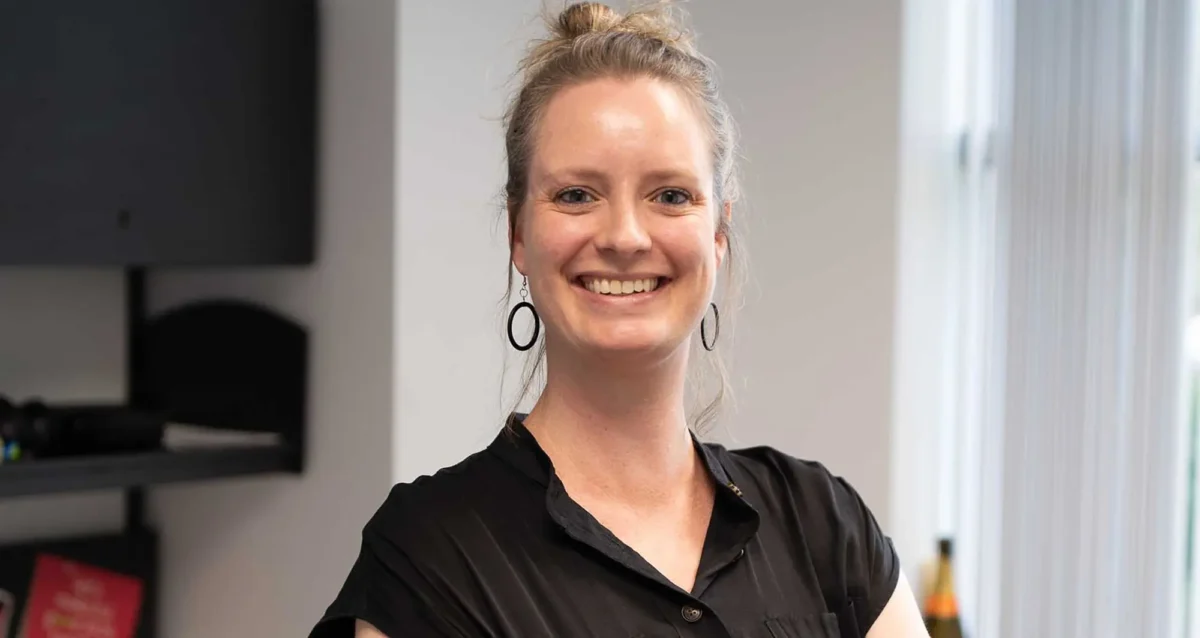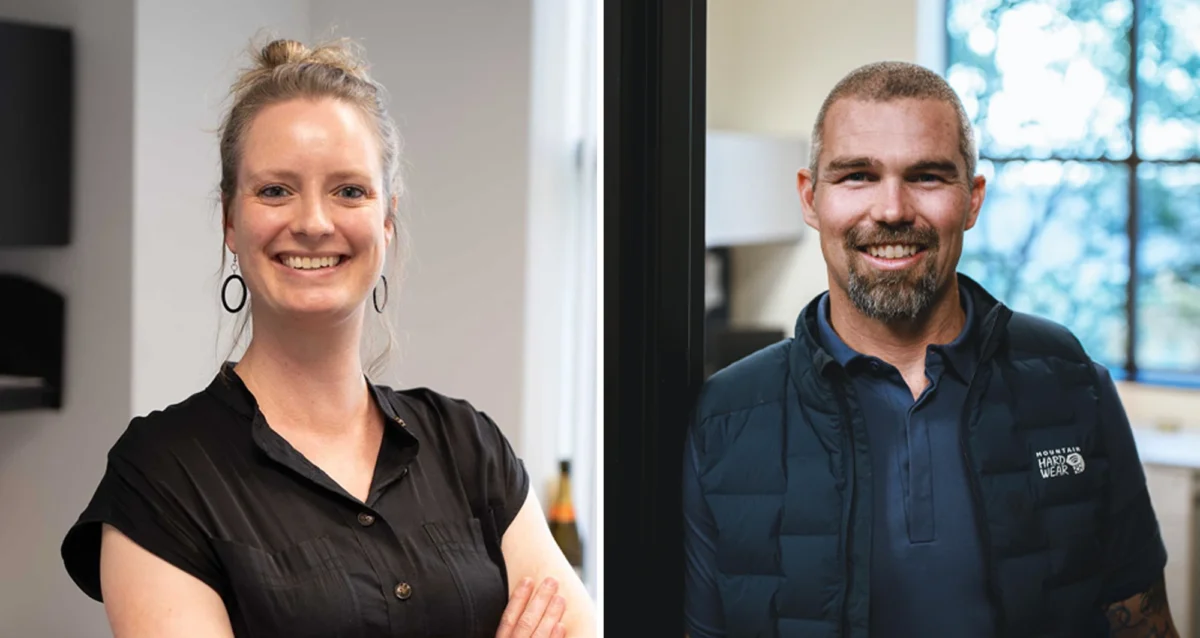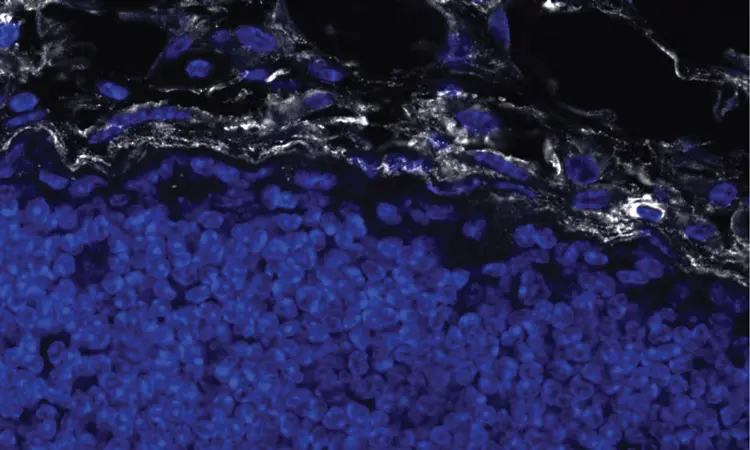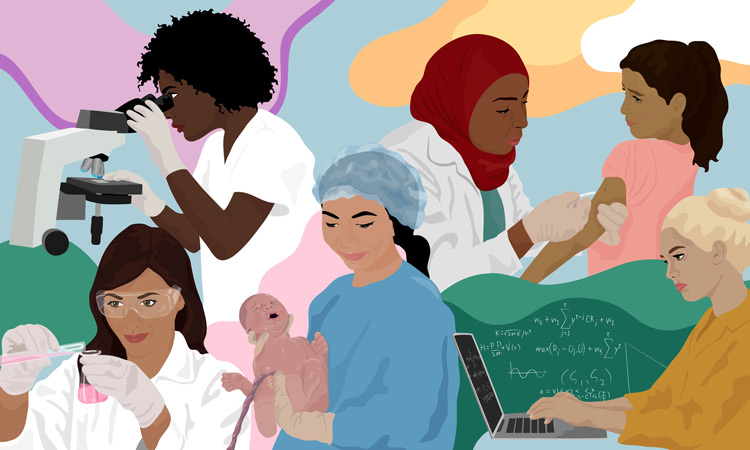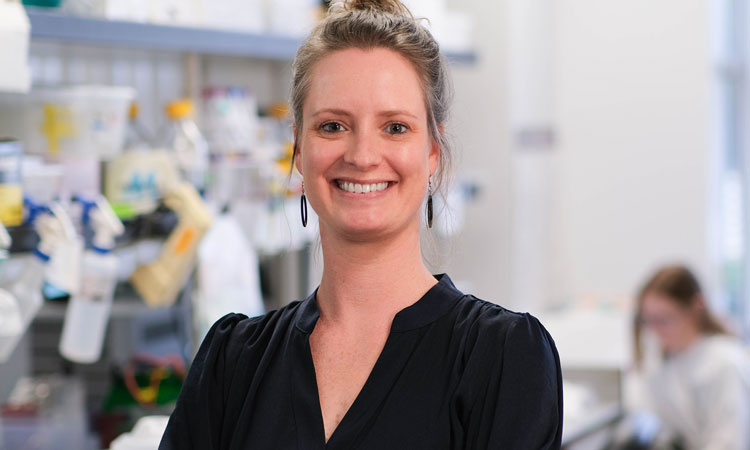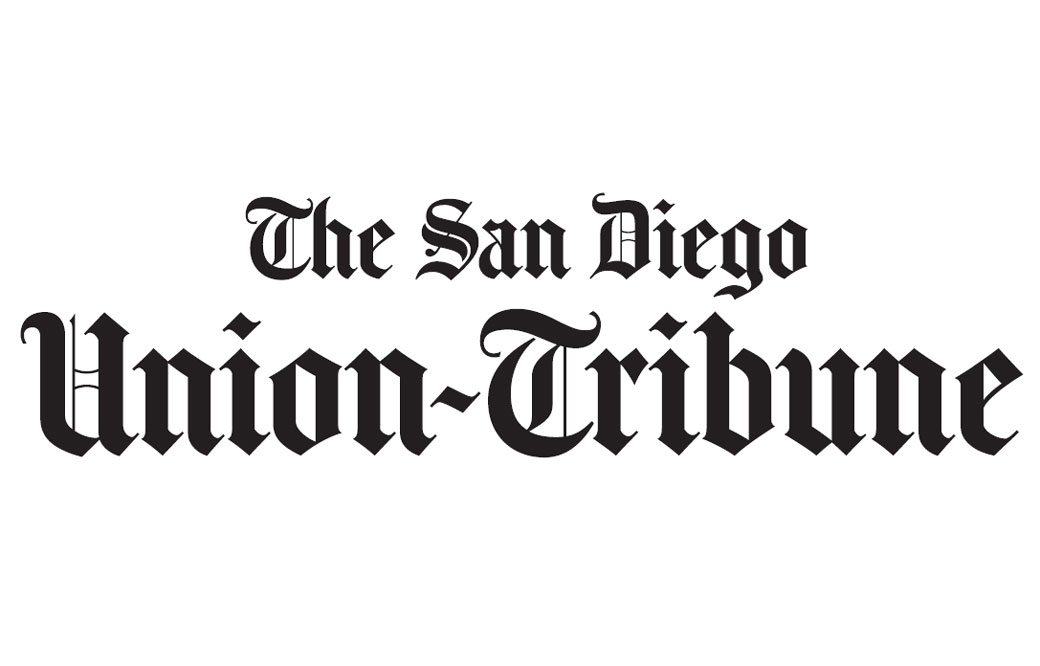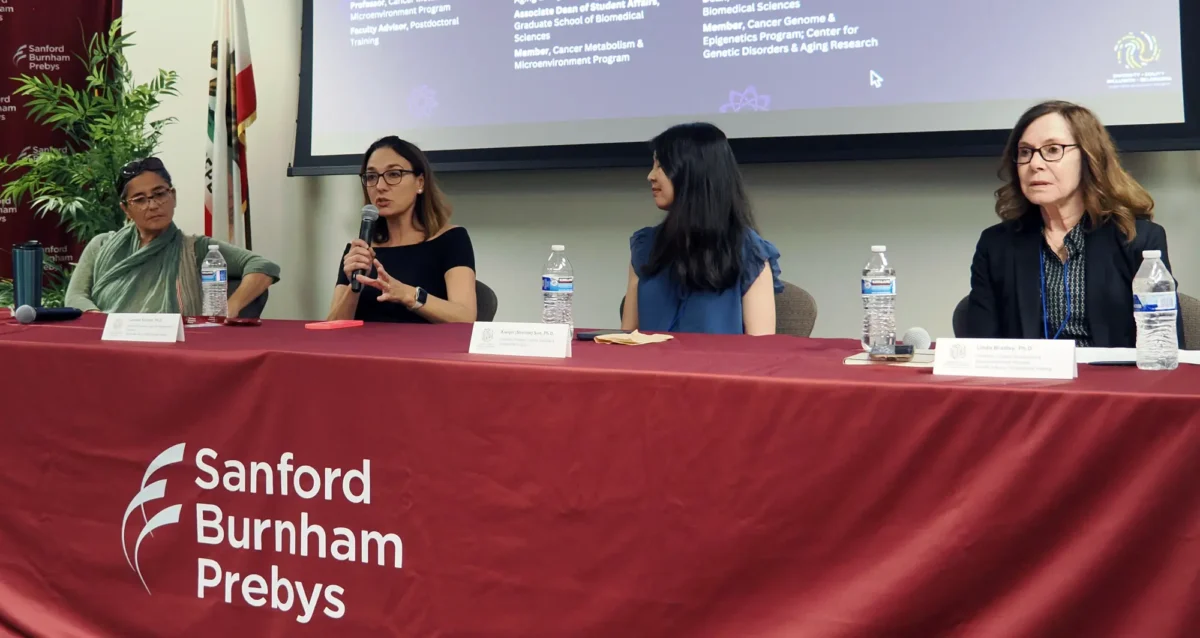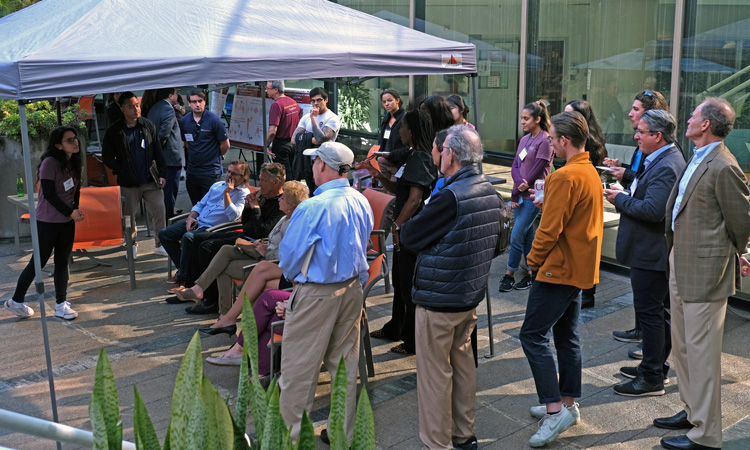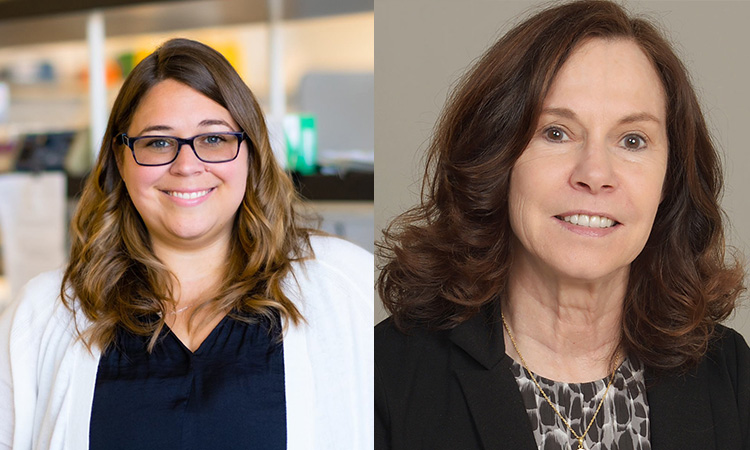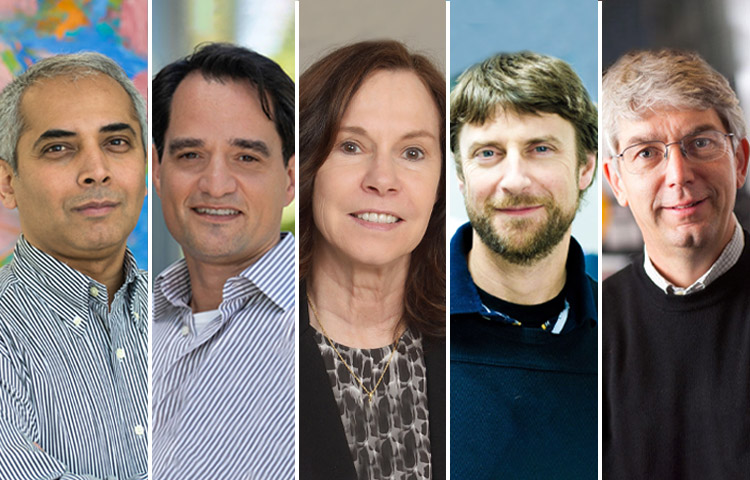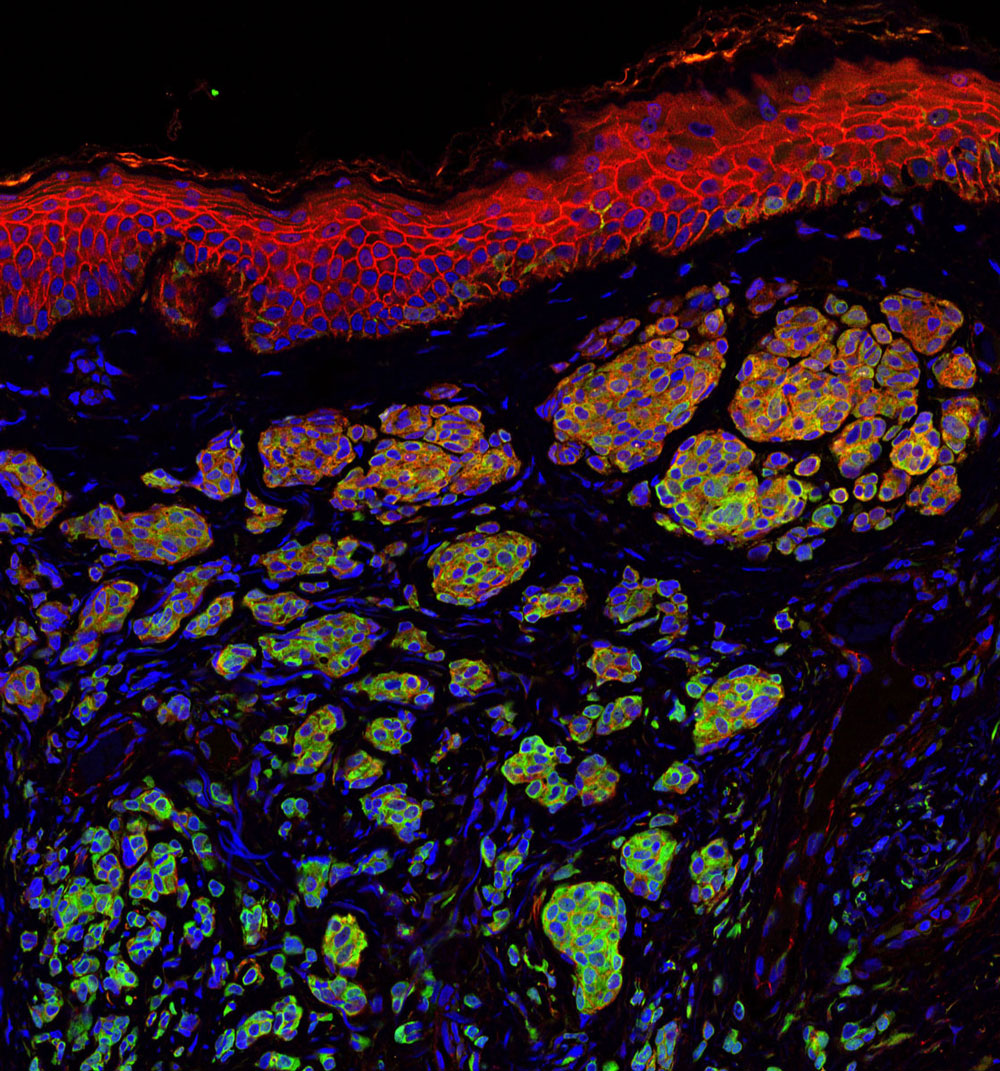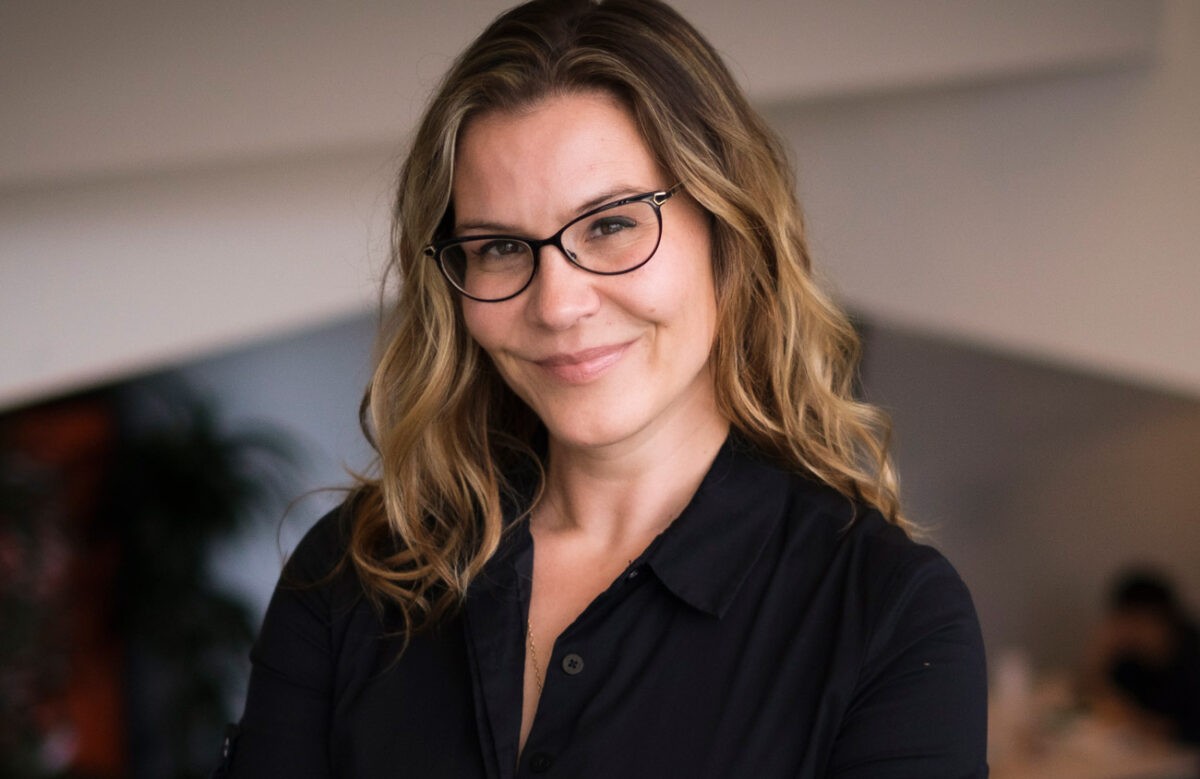Eric has a broad background in chemical biology, with specific training and expertise in kinase inhibitors and targeted protein degradation, an emerging modality in which small molecules recruit E3 ligase complexes to target proteins to induce their ubiquitination and subsequent proteasomal degradation. He also has experience in pharmacological modulation of immune cells to improve anti-tumor immunity.
He received his PhD from the University of California San Francisco and postdoctoral training at the Dana-Farber Cancer Institute.
Education and Training
2021: Postdoctoral Fellow, Dana-Farber Cancer Institute / Harvard Medical School
2015: PhD, University of California San Francisco
2009: BS, Duke University
Fellowship
Damon Runyon Cancer Research Foundation Fellowship
Related Disease
Cancer, Immune Disorders, Molecular Biology
Phenomena or Processes
Adaptive Immunity, Cancer Biology, Cell Biology, Disease Therapies, Tumor Microenvironment
Techniques and Technologies
Chemical Biology, Drug Discovery
Dysregulation of transcriptional circuits is a common hallmark of disease, and in particular is found in both tumor and host immune cells in cancer. Eric’s lab is focusing on developing and using chemical tools to modulate the activity of key transcriptional regulators of both tumor cells and host immune cells, with a long-term goal of identifying new therapeutic approaches.
